I’ve never shared this in RW corners of the internet, but my dream in life is to start a K-12 school. I want to be the headmaster and mould it to my vision, which means it will reflect the RW values that are so prominent in my life, taking the form of Classical Education. Here, I’ll sketch roughly what my “dream version” of the school will look like. Obviously, this is not a short-term goal given the amount of resources it would take to construct all of the buildings or whatever.
I want your feedback. Poke holes in it, offer suggestions, whatever.
Construction and Layout
One of the most impactful books I’ve ever read, despite having almost nothing in common ideologically with the authors, is A Pattern Language. The TLDR is that there is a way to construct everything from your own bedroom to large cities that is psychologically healthy on the conscious and subconscious level. The patterns in the book link together to form a spiderweb of sorts, creating an entire ecosystem of “pro-human” construction that will make any building, but specifically my building, a joy to see from the outside and inside.
Quick example: Street Terraces (Pattern #140) are an inviting transitional boundary between a Pedestrian Street (100) and Green Street (51), a concept which has since been Redditized as “Third Places”: the place between where you live and where you work. Here, it’s part of the Intimacy Gradient (127) where you want privacy in your own home but still want to be accessible to the outside world when you choose to be. Houses having long front yards to take them off the street, for example, is an intentionally anti-human modern design that permanently lowers the sociability of the community. Instead, Street Terraces (140) are designed to foster sociability, anchored in a central thing (“Something in the Middle” (126)) : a fountain, a statue, or even the short passageway (132) to a nearby Hidden Garden (111) connected by an intentional pathway design (121). Thus, your walk through Layne Academy becomes much more pleasant than its mirror in the “Concrete and Glass” modern campus hellscape. You might pass a Rooftop Garden (118) atop the library where you spot a faculty member overlooking a Courtyard that Lives (115). You might notice the meandering path (120) leading to that Hidden Garden (111), a delightful discovery. Maybe someone is having a picnic in there in between classes.
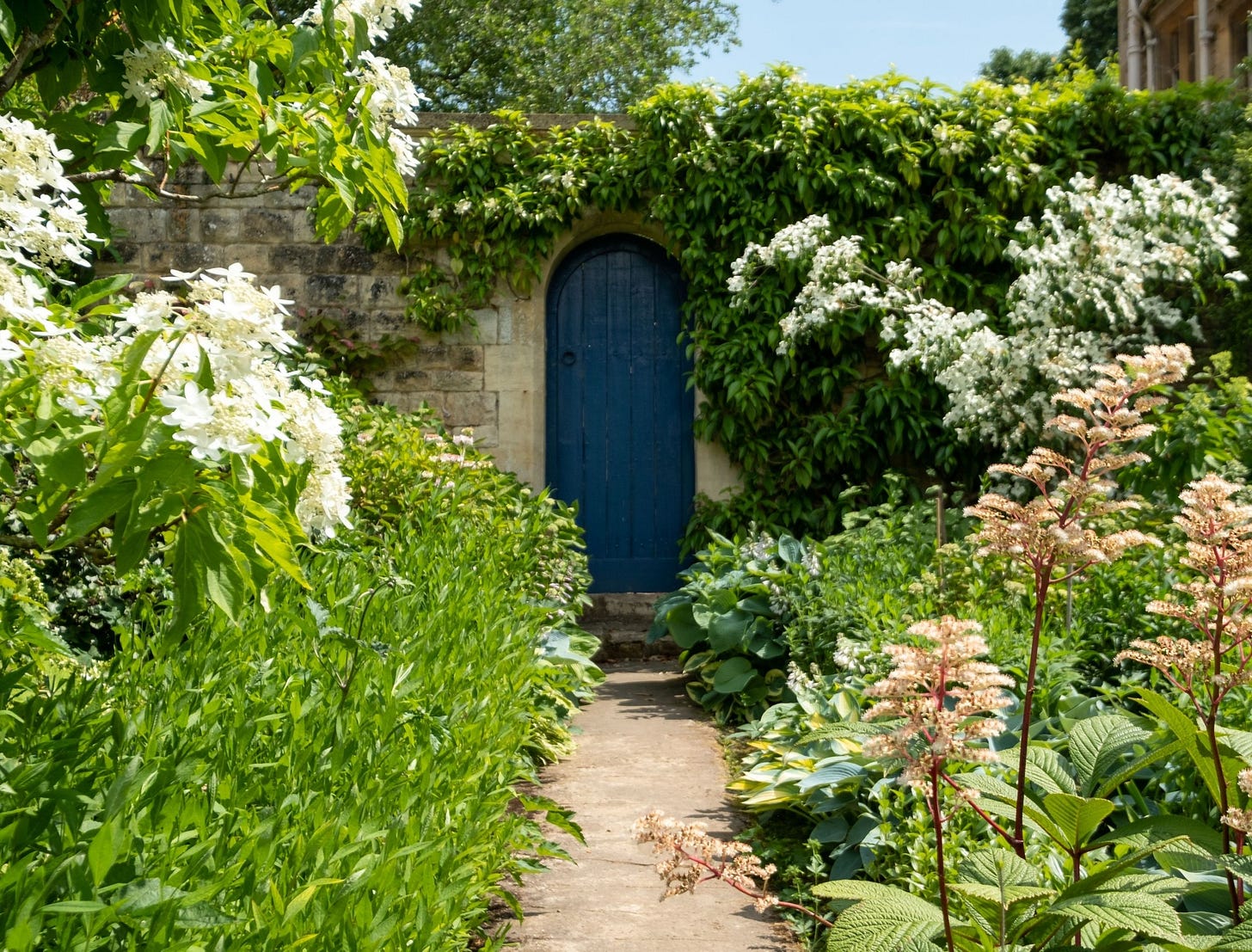
You get the idea. Everything is intentionally built and designed to foster a sort of charming parochial pleasantness in the way that modern construction hates. So what would it look like?
I really hate to put it this way, but I imagine the outside as a cross between mini Hogwarts and Hobbiton: Natural construction when possible, lots of green, and some imposing architecture when the situation calls for it. Perhaps something like this:
Although the buildings are likely to be made from red bricks, perhaps with some Rooftop Gardens and other green ahh additions to boost the charm:
The buildings are arranged in the “Square City” of French (and Chinese!) lore:
Something epic will be in the middle to serve as an anchor point. Perhaps a statue of myself… or my recently deceased loyal comrade Buck.
One wing will be devoted to administration: offices, maybe some meeting rooms, cleaning and maintenance supplies, etc.
The center will house the classrooms and labs and other instructional areas, perhaps a large auditorium. I’d really like the classrooms to feel a touch magical, like you never know what secrets will be imparted to you in them. Maybe this takes the shape of chalkboards instead of whiteboards, or ceilings painted like this:
I want teachers to make their classrooms unique to themselves, part of this is teaching in the same room every year if possible. However they accomplish this ownership of their classroom is fine, so long as it suits the larger aesthetic. No George Floyd murals.
The other wing will contain the other elements of Classical Education: a hopefully quite large library, a well-stocked gym, a chapel, cafeteria, and whatever else needs to go there.
Outside, there are a few key features starting with a large garden. The idea here is that the students help to maintain the garden as an elective, and the garden is sufficiently large enough to feed a part of the student body— ideally 100% of it. I consider this a major selling point of the school: nutritious, high quality food that the students have a hand in farming and cooking. Yes, this includes animals. There’s no reason that children cannot be taught how to take care of (including butchering) chickens, goats, pigs, cattle, etc. Of course, it is unrealistic to expect to run an operation large enough to feed a substantial student body, but this is a post about the optimal version of this school, not the most realistic.
There will also be an outdoor classroom when the weather is acceptable. Note that I say “acceptable” and not “perfect”. I don’t really see temperatures above freezing or rain (there will be a roof) as reason to not learn outside. The scientific benefits of outdoor classrooms are well understood, and I think it’s a good lesson for children to have to learn in less-than-ideal conditions. Children need to learn how to concentrate even when they’re tired, or cold, or hungry, or whatever else.
There also needs to be some outdoor structures, perhaps a gazebo or a shed. I want an apiary (bees) and fruit trees and as many animals as I can get away with. There will also be a large water feature (stocked with fish native to the area for Le biodiversity) and a gazebo hanging off over a dock:
Pond I’d like to use for fishing, swimming, rowing, and other recreational activities. In other words, it needs to be kept clear of snakes, snapping turtles, etc.
Another project of mine is the creation of small, cozy cottages. I’d like to offer these to the faculty after I (finish) learning how to build them myself. They wouldn’t be much, perhaps 144sqft with a couple outlets and a shower and stove, but the idea is I’d offer them for basically the price of maintenance to entice any intrepid faculty to take the plunge:
A “village” of resident faculty sounds awesome. This also allows some of the advantages of a suburb in that your kids have someone to play with and your friends are a short walk away. Obviously, there will be family sized cottages eventually, but the early stages will feature the simplest version of them that can pass code as a permanent tenement. We will see how feasible this is.
Lastly, there will be some more aggressive outdoor features: a forest with some walking, running, and hiking trails along with some elevation and texture. I really want the forest to have this imposing, majestic, enchanted look that inspires wonder and mystery. Maybe I’ll build things out there for kids to discover: a tree house, an abandoned castle, ruins of an ancient school, etc.
Perhaps an archery range or sumn. Ideally, a barn and some horses, and enough pastural land to graze them on. A rugby field (“pitch”) with a track around it, right next to an outdoor theater.
Theoretically, the campus would have, like, 100 acres of mature forest. There needs to be a little room for expansion without bulldozing the Le Ebic ancient castle.
I hope the picture this is painting is that of a charming, idyllic little campus that people want to spend their free time at. This was the point of universities, but it can easily apply to a K-12 school that is constructed intentionally. It shouldn’t be a place that people rip out of the parking lots to get away from the moment their day ends.
The interior of the school requires its own post, so just imagine this:
Combined with whatever larp aesthetics that will make you agree with me.
Seriously tho, arches, arcades, murals and frescoes, cozy wall colors (royal maroon and forest green), etc. It should feel magical inside. Even a walk to class should feel magical.
Miscellaneous Ideas for Construction:
I want to experiment with lighting, like having parts of campus that are illuminated by candles or sumn. Obviously, no florescent lighting.
Ideally, the walkways would be cobbled instead of paved. Maybe some paving around the major walkways for efficiency’s sake, but I don’t want a ton of it.
I’d like to have a couple carriages, unironically. These could work for tours and medium-distance travel, such as the distance from the headmaster’s chateau to campus! There’s all sorts of intangible benefits to being a child and seeing some majestic Clydesdales plodding down the path,.
A major goal of mine for the entire school is to tastefully incorporate parts of the modern world. For example, there will probably be relatively cheap solar panel shingling by the time this could ever exist. That is a small, meaningful and intentional selection of technology in a way that actually benefits people.
I want there to be a lot of animals on campus. This includes a couple “campus dogs” that are free to roam off-leash. The idea is that, while they’re beloved, they enhance the outdoors while normalizing their presence. As in, kids in the outdoor classroom don’t freak out when the doggy comes trotting up to them. We’d also have a few cats.
Curriculum
What does it mean to receive a “Classical” education? The TLDR is the form of education people received for the total of human history until about 1960. Specifically, we would take our cues from the Greeks and model our educational model on the Trivium: Grammar, Logic, and Rhetoric. From there, we’d advance to the Quadrivium: Arithmetic, Geometry, Music, and Astronomy.
If you’ve never heard of these, this probably sounds really larpy. It’s not. It’s just a epistemological structuring of how information is learned and applied in a way that would melt the minds of modern normies.
Note that this is the education that the Aristocratic Founding Fathers (Jefferson, Washington, etc) received by private tutors.
My goal is to push the young, malleable brains of my students as far as they can reasonably be pushed. Not by beating them down with garbage assignments (which I despise), but with material advanced in breadth and depth. Kids are smarter than we give them credit for. There’s no need to wait until middle school, for example, to teach a kid algebra. Moreover, there’s no reason algebra can’t be connected to other topics, this is what the Trivium is really good at.
A few key elements for me:
Physical Fitness: there needs to be some sort of attainable physical fitness goal. You can’t graduate without it. Ideally, the school day starts with a 60 minute (age appropriate) fitness session that the entire campus, staff included, participate in.
Music: Musical expression is an essential skill and one that is neglected by today’s slave programming. I’m also rolling up theater, choir, etc into music. Every graduate needs to have a reasonable comprehension of an instrument. I’d even allow non-classical instruments. Let the kid play the Freebird solo if he really wants.
History: History is, unequivocally, the most important subject in history. History is not a collection of stories about the past, it is a fucking weapon. The way history is recorded and transmitted directly impacts the way people see the world, down to the foundational level. Think about how normies view the world and history: History (for them) began during WWII when we freed the jews from white people, with some ancient history occurring when we freed the slaves from white people or sumn. If the kids at Layne Academy learn one thing, it will be a comprehensive and deep understanding of history.
Dialectic and Socratic Questioning: I really hate that the study of the humanities is reduced to rote memorization. We’ve all been in history classes that were effectively just regurgitation of dates. The way your brain is built to learn is the dialectic, and teachers need to guide this process through Socratic Questioning. Here’s an example:
Modern Education teacher: *Charlie Brown teacher voice* And so, in 1861, whites were just so unbelievably racist that some of them started a war to kill all the black people. Here are 10 dates with 10 events that you must shart out on a multiple choice test.
Classical Teacher: Why do you think slavery was such an important part of the southern economy? What would you have done? Why do you think the war started? Could it have been avoided or delayed?
Do you see the difference? Thinking through the war’s beginning as if you were really there is much different than listening to some uninspiring retard literally lecture you on the topic.
I would also include exercises and activities for humanities classes. Don’t tell us how a battle happened, let the kids do a tabletop exercise where they try to fight it before they’re taught what actually happened. Seriously:

I have unironically learned more about various conflicts from Grand Strategy autism sims and Total War games than I have from real loif. And, not to flex, but I went to a relatively high powered private Christian school where the education was likely 2x better than public schools in my area.
Kids are naturally competitive. They want to win, and they want to look good in front of their peers. They will absorb way more about the effectiveness of rifled vs smoothbore smallarms from playing a tabletop game where that matters than they will from being told that it matters.
I’m also big on demonstrations like this:
Foreign Language: Every kid is fully capable of learning multiple languages. I depart from other classical education people because I don’t think they should be taught the classical languages: Greek, Hebrew, and Latin. These languages have almost no relevance to the world outside high-powered academics. Really, the decision is between Chinese and Spanish. Maybe French. But kids’ brains are capable of learning multiple languages at once, so you can have them balance Greek and Chinese, or Latin and French, whatever. They just need to *actually* learn another language while they’re at Layne Academy.
Leadership: These kids need to have a spirit of joyful nobility from attending Layne Academy. They need to be confident, gracious, strong members of society. They’re strong so they can protect the weak, not literally by forming a phalanx outside the nursing home but by being quick to help the helpless. This can look like sitting with the retarded kid at lunch, or shoveling snow for your neighbor at night, whatever. There are entire “leadership schools” that teach kids the 7 Habits.I’d probably yoink them for my own curriculum.
Contact sports, competition, and general risk taking: self explanatory. I’m aware that this is going to require some excellent legal counsel and a lot of liability insurance. That being said, kids need to be allowed to do the things that kids want to do: play outside, run around in circles, roughhouse, compete, etc. This is why rugby has dominated British boarding schools for 150 years. Kids need to know what it’s like to run the ball knowing you’re about to get steamrolled, in the game and in life. Kids need to learn how to be competitive, to not be satisfied with second place, to push themselves to achieve greatness.
There are obviously no participation trophies, no incentive to not be greater. “General risk-taking” also extends to stuff like camping on campus, Kid-lead-adult-supervised activities (think boy scouts), letting them climb trees, etc. Parents that are not okay with this need not apply!
Christianity: I saved this for last because it’s the most important. I want this school to have a distinctly Orthodox Christian foundation. That doesn’t mean other denominations can’t send their kids there, it means their children will be given an unapologetically Orthodox education. They’ll learn the Church calendar, become catechized, learn the lives of the Saints, etc. One of the most important components of this entire project is either a priest (active or retired) teaching theology classes or the patronage of a nearby Orthodox church.
My Vision
Despite being a big picture visionary (nerd emoji), I am aware that a lot of this is highly impractical. Here’s how I plan to achieve this dream:
Surround myself with people that have experience: I’m aiming for veterans of the industry, either recently retired or close to it. They need to be able to advise me on the nitty gritty of running a school that I didn’t even touch on here: finances, the school calendar, actual curriculum planning, etc.
Create a truly magical environment: I want this school to be a place that kids can’t wait to go to. I have a lot of tricks for this that I haven’t even mentioned, some of which I’ve stolen straight from Hogwarts. This goes back to everything being intentional and planned. Easy example: I want kids that have been accepted (there will be applications based on fit and talent) to be personally handed a letter of acceptance from me, their new teacher, etc. That is magical. Bonus points for pulling up in the carriage to drop the letter off.
Another way the school can become magical is by letting the kids express themselves with free time and club membership. For example, a “ranger club” run by the kids that you can earn membership in by camping out and doing outdoors activities with the club. A bookkeeping club that manages the library. The Order of the Beekeepers, Friends of the Gardens, whatever. Let these clubs be boy-scout ahh kid run but adult supervised. And then announce their accomplishments when they graduate.
Willingness to source necessary components myself: One of the ways to offset the gargantuan cost of producing such a place is to produce whatever I can myself. This goes back to surrounding myself with good people. Instead of buying brand new furniture, why not find a contact at a second-hand store or find a retired carpenter to make it himself for 1/8 the price? That sort of thing.
Aggressively pursue outside investment without compromising my vision: This school will probably start out as a rented unit in a strip mall or something. My plan to get that to change faster is securing outside investment. Not to dox myself, but by the point I’m ready for this, I’ll have plenty of connections and credentials to make investment attractive. These schools all require a board of directors, which is fine, but there are some certain things that I won’t compromise on. I’d rather not have a school than have one where I can’t teach the Iliad because the Board of Retards told me I can’t, for example. I have some good contacts that can help me demonstrate the financial viability of the school from an investment standpoint. I certainly think there’s a market for it, the classical world is exploding in popularity. Realistically, this idea isn’t leaving the strip mall without at least $1M in external investments.
Not-money driven: Tuition needs to be as cheap as possible so long as I can keep wages high and the environment well groomed. Realistically, this is probably around 5k a semester. I don’t want to make a gorrillion dollars, I just want to make enough profit to reinvest it into the school.
Practical Skills: Kids should come out of Layne Academy with a basic grip on life skills taught through Home Ec. or similar courses: how to change a tire, pay your taxes, etc.




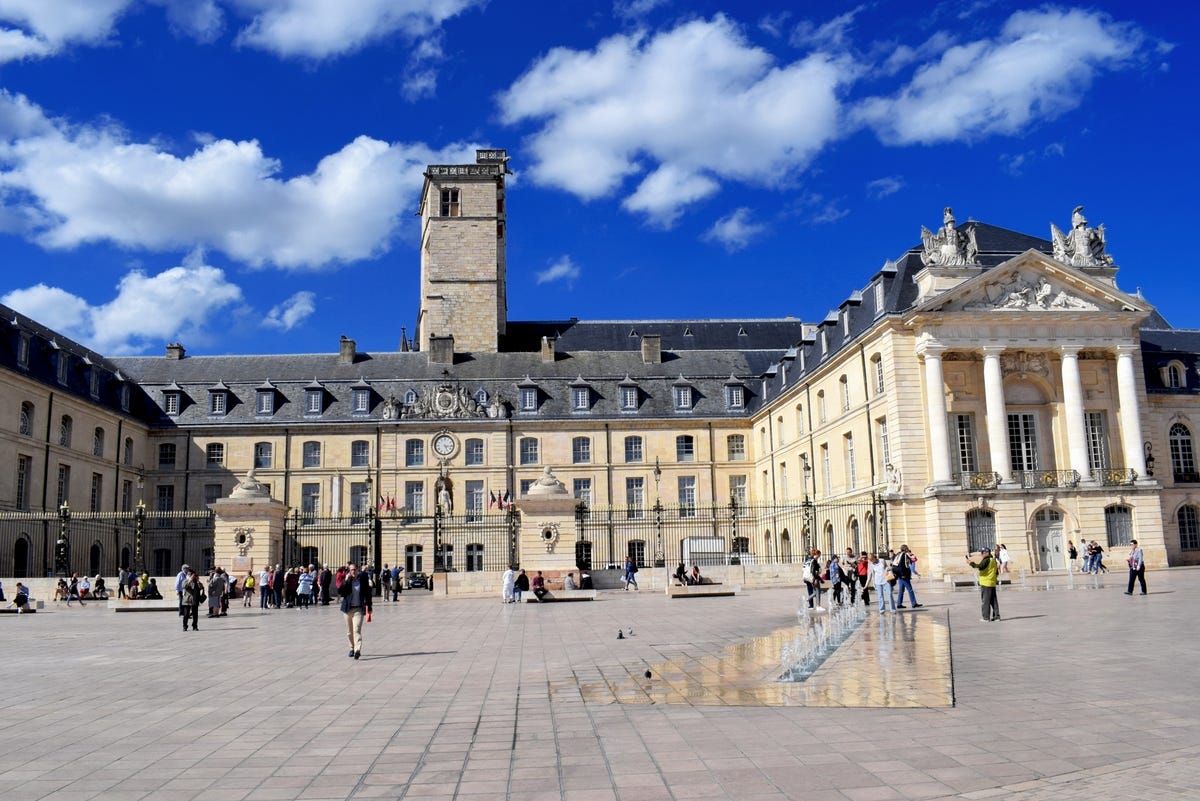


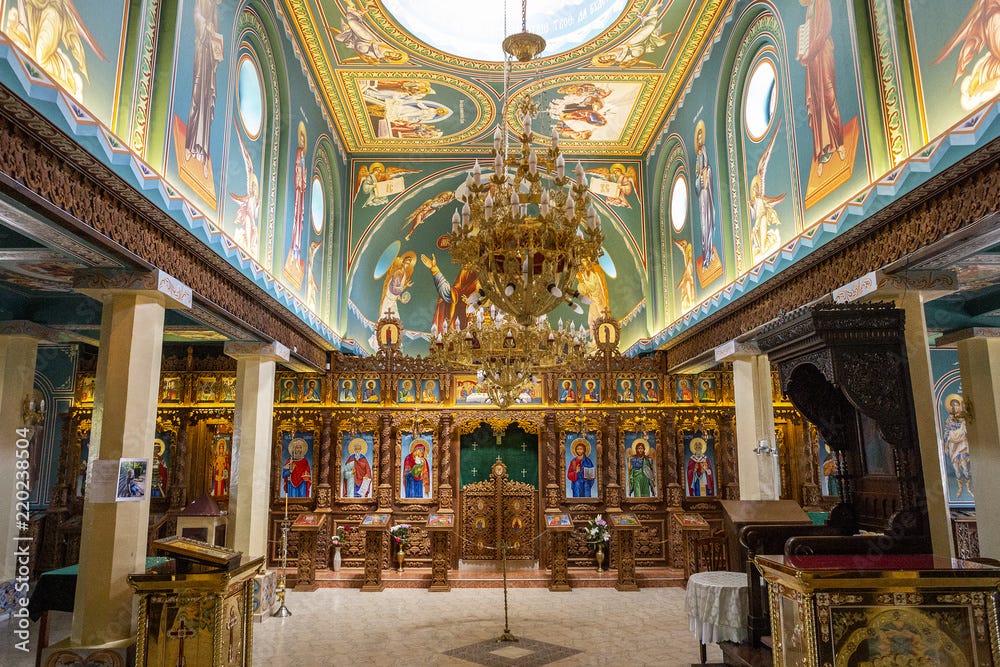

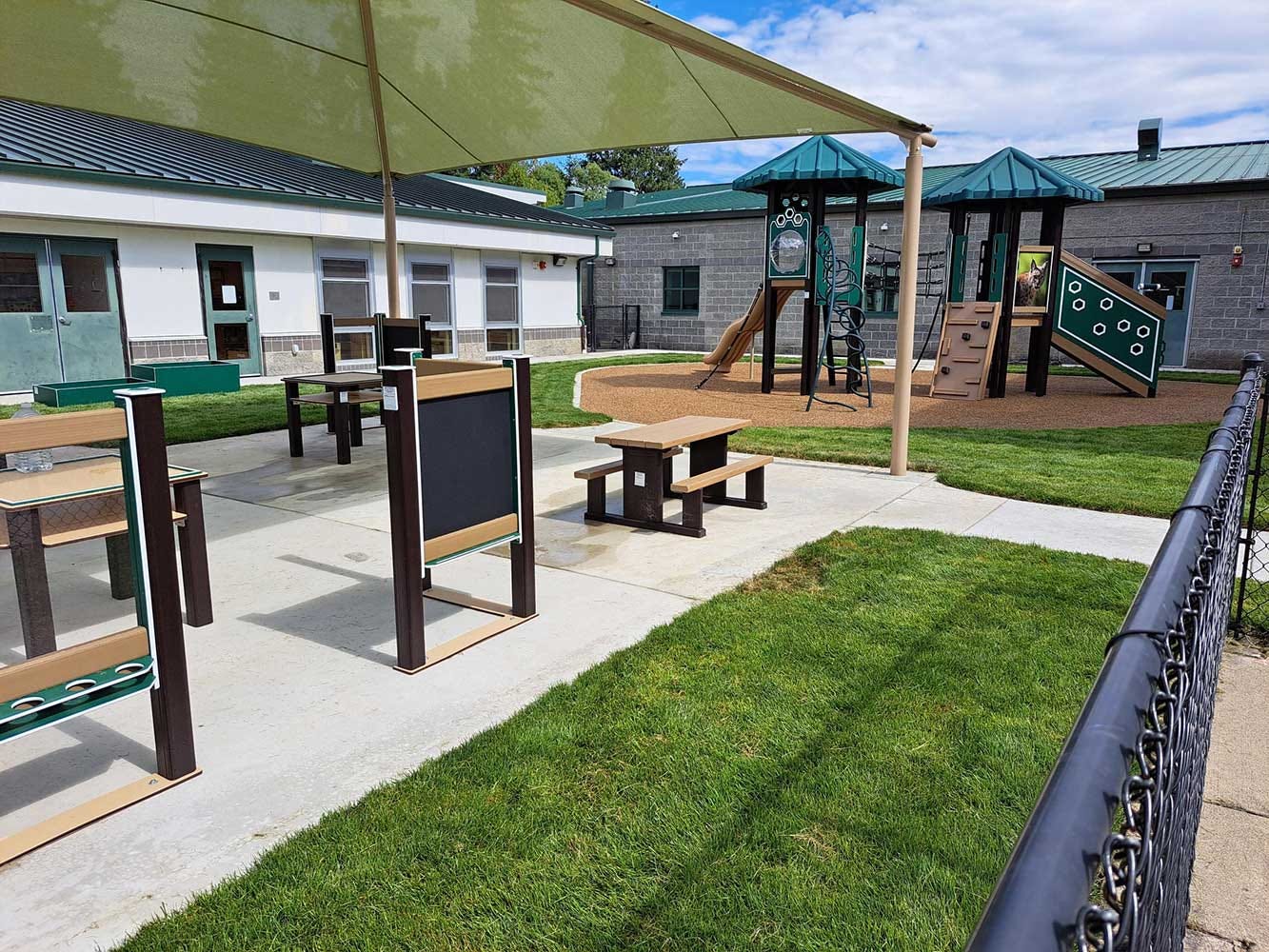


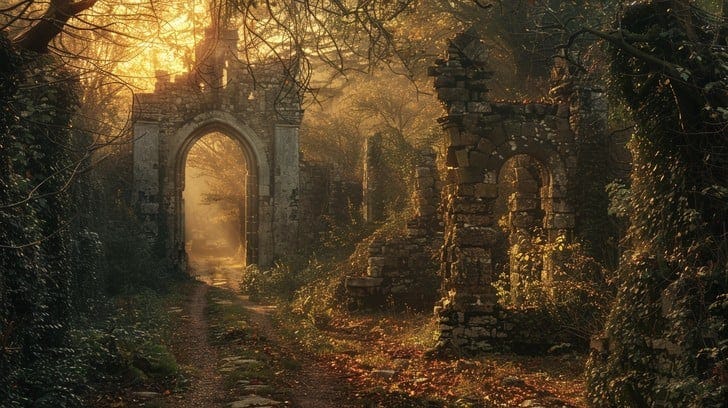




ifunny meme school
principal: deflated
biology teacher: sectionalism
history teacher: vercringetorix95
english teacher: zaoist
math teacher: funnymathjokes
popular kid: wet_memes
bully: twistedjerry
coaches: lordb8r, sandpapercondoms
science fair project: cirke
edgy kid: tardward
religion teacher: watchmenwakeup
gay kid: pupper
pedo teacher: jeffstein
pedo student: freedomcobra2
emo kid: gothsport
autistic kid: ferd
class president: herobrine
class clown: askadam
cool kid: petrixxx
school shootings: banocausts
football games: tag raids
fights: ban raids
yearbooks: niglists
The kind of school kids dream that their school was. I hate the idea of having to run it out of a strip mall until you get the funding you need but it's probably the right call. Maybe when the DoE is ripped to shreds it'll be easier to get it going.
Absolutely agree about history, I've long thought about being a history teacher when I finish my career in the military. I didn't really have any teachers that inspired me the way I wanted until I got to college, and I'd love to be that person for the next generation.
Got very sad at the Orthodox education (Cat-holic over here); I get why but I do think it severely limits the pool of people you're recruiting from given how few orthos are in the states. If you maintained the religious aspects but opened up to Catholics (ideally a priest for each but even just teaching both would work) you'd not only have a much wider base, but could help foster connection between both sides. Mend the schism NOW!